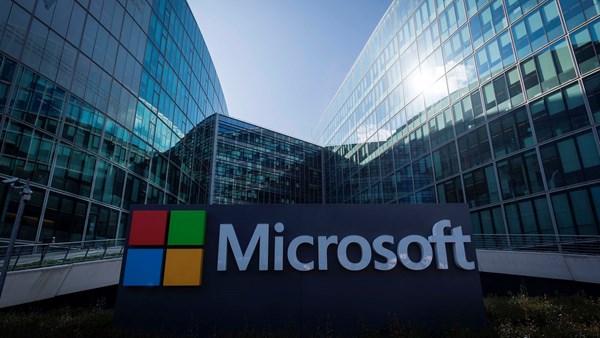Kremlin warns Microsoft of multibillion dollar losses if it complies with US sanctions against Russia
Software giant Microsoft could lose several billion dollars’ worth of market revenue in Russia due to US sanctions, said Nikolai Nikiforov, the Minister of Communications and Mass Media of the Russian Federation to journalists on the sidelines of the World Economic Forum in Davos, TASS reports.
"[The sanctions] will end with the fact that Microsoft will lose a market worth several billion dollars in terms of its corporate and government clients in our country," Nikiforov stated. He added that Microsoft products could be completely replaced with Russian software, subject to further investment and development. "Those are the examples of politically motivated sanctions, that, I believe, hit, first of all, the US economy," Nikiforov stressed.
US sanctions limit the cooperation of American companies with Russian companies that were blacklisted by the United States. Last August, the US Treasury shortened the period of payment for orders made by Russian companies with US firms. Consequently, Microsoft’s official distributors in Russia have imposed restrictions on more than 200 companies that have been sanctioned by the US, Reuters reported.
To get around these restrictions, Russian firms that have been sanctioned are looking for mediators to cooperate with Americans and "unaffiliated business units," Reuters' interlocutors said. The agency’s source in the Russian Ministry of Finance said that the ministry is expecting an increase in intermediaries in the near future in connection with the new US sanctions.
In October, citing sources and public procurement data, Reuters reported that Russian state-owned companies purchased Microsoft software to circumvent the sanctions for a total of 60 million rubles ($1.03 million USD).
Among the companies were Almaz-Antey concern, manufacturer of the Buk (Gadfly) surface-to-air missile systems, and Glavgosexpertiza, Russia's State Design Agency, involved in the construction of the bridge through the Kerch Strait. They acquired Microsoft programs through third parties.
Reuters had no evidence that Microsoft sold its products directly to them. Some buyers indicated fictitious data about themselves, which helped them to purchase software in circumvention of sanctions. At the same time, both Almaz-Antey and Glavgosexpertiza purchased Microsoft products with an Open License that requires disclosure of all the buyer's details. Microsoft then stated that they had started studying the information.
This latest development potentially detracts from Microsoft’s recent accomplishments, namely its signing of a memorandum of cooperation with the Ukrainian Ministry of Defense in November 2017.
